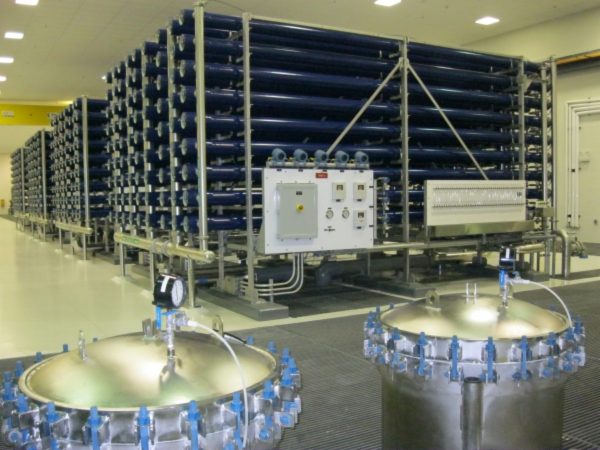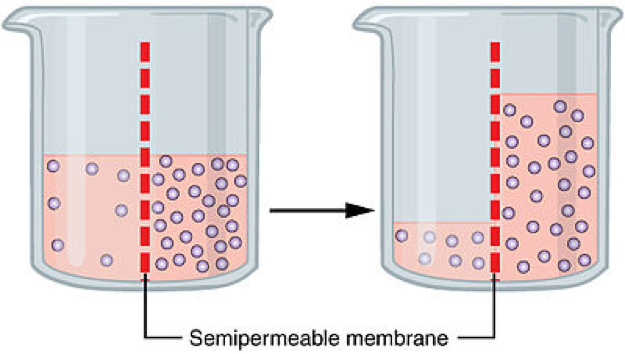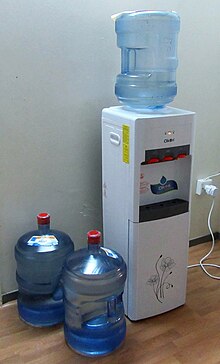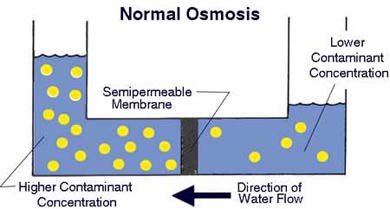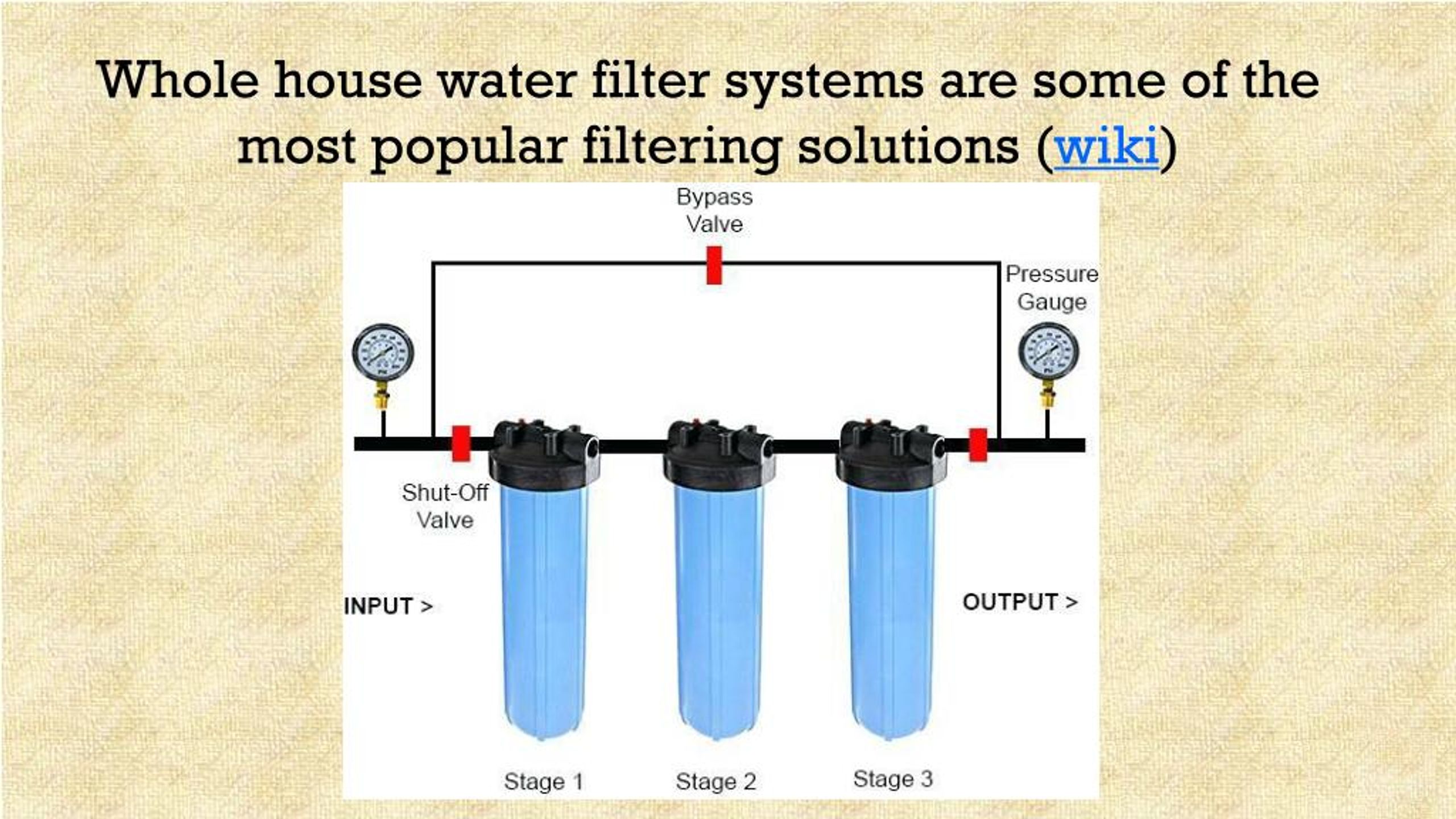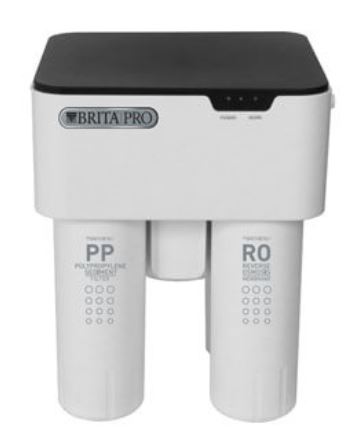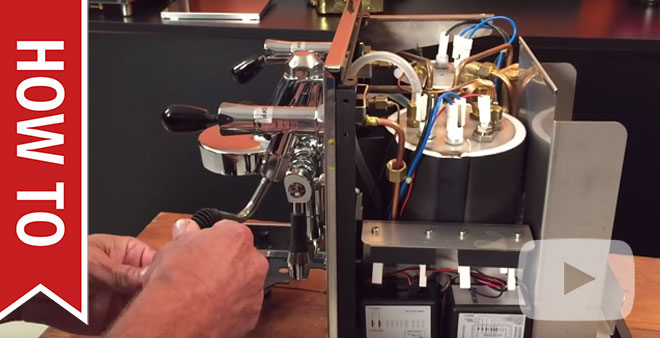Water Softener Reverse Osmosis Wikipedia

As a result they require less maintenance than reverse osmosis.
Water softener reverse osmosis wikipedia. Water softening and filtration for your home. Reverse osmosis can remove those impurities from your already softened drinking water including 98 percent of all sodium left in the water from the softening process. Where reverse osmosis systems rely on a filter to physically remove contaminants and dissolved minerals from the water a water softener uses a process known as ionization to replace magnesium and calcium ions with sodium salt ions. If you live in the phoenix area you likely have hard water.
Water softeners use ionization to replace magnesium and calcium ions in the water with sodium or salt ions. Why reverse osmosis and softening work well together 1. In reverse osmosis an applied pressure is used to overcome osmotic pressure a colligative property that is driven by chemical potential differences of the solvent a thermodynamic parameter. Hard water has high levels of magnesium and calcium ions which can cause dry skin water spots on glasses and silverware faded laundry and scale buildup in pipes.
The most common means for removing water hardness rely on ion exchange resin or reverse osmosis other approaches include precipitation methods and sequestration by the addition of chelating agents. And that s not all here are three reasons why reverse osmosis and a water softener make a great combination. For that reason reverse osmosis water is used solely for high quality drinking water coffee tea ice and other consumption. Water softeners condition the water while reverse osmosis filters the water.
Reverse osmosis devices are more prone to clogging because of their pores. Alamo water softeners specializes in water softeners water filtration and water conditioning in the san antonio area. Water softeners conditioning. For the purest drinking water a reverse osmosis system with a water softener is the best solution.
Reverse osmosis ro is a water purification process that uses a partially permeable membrane to remove ions unwanted molecules and larger particles from drinking water. Conventional water softening appliances intended for household use depend on an ion exchange resin in which hardness ions mainly ca 2 and mg 2 are.
